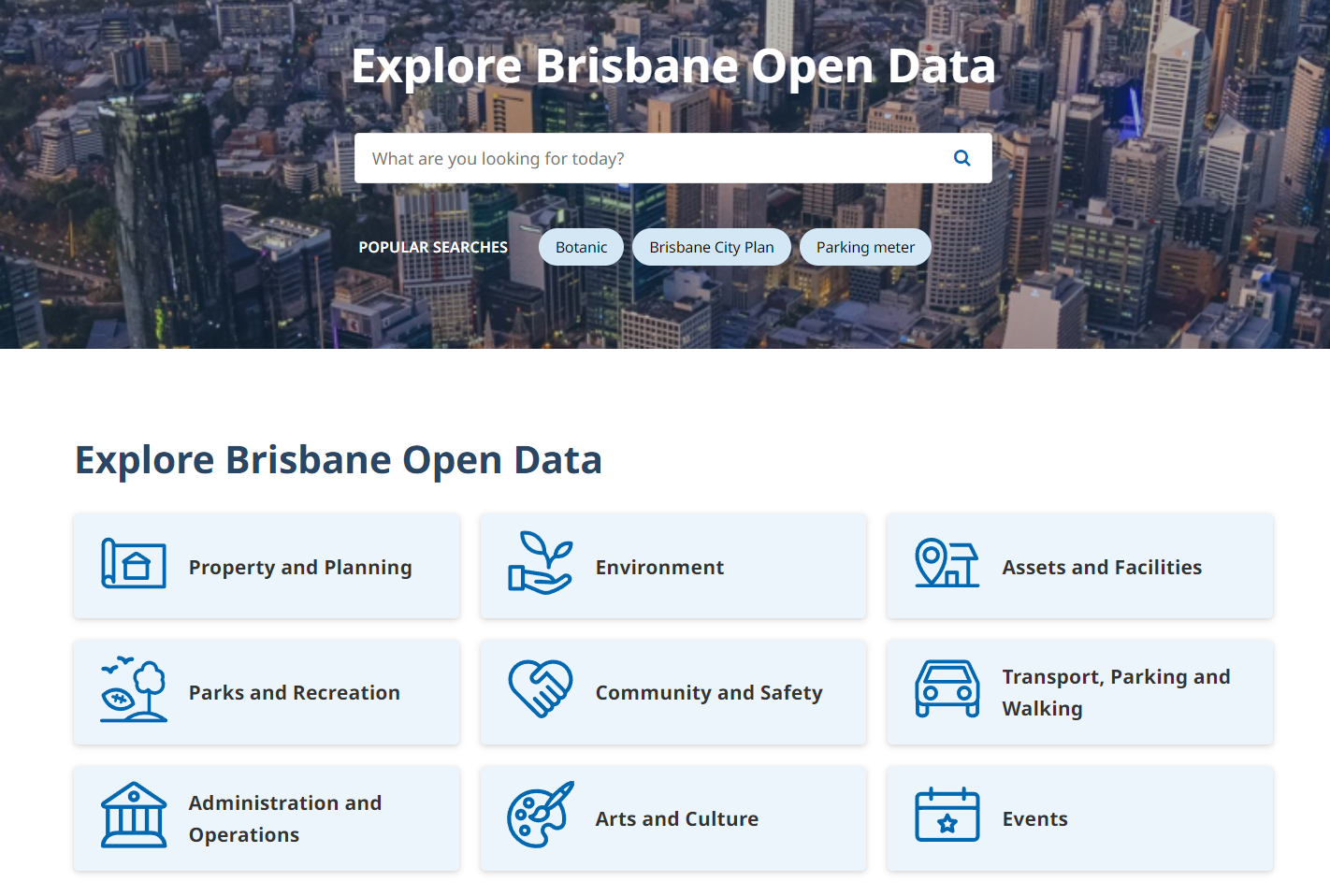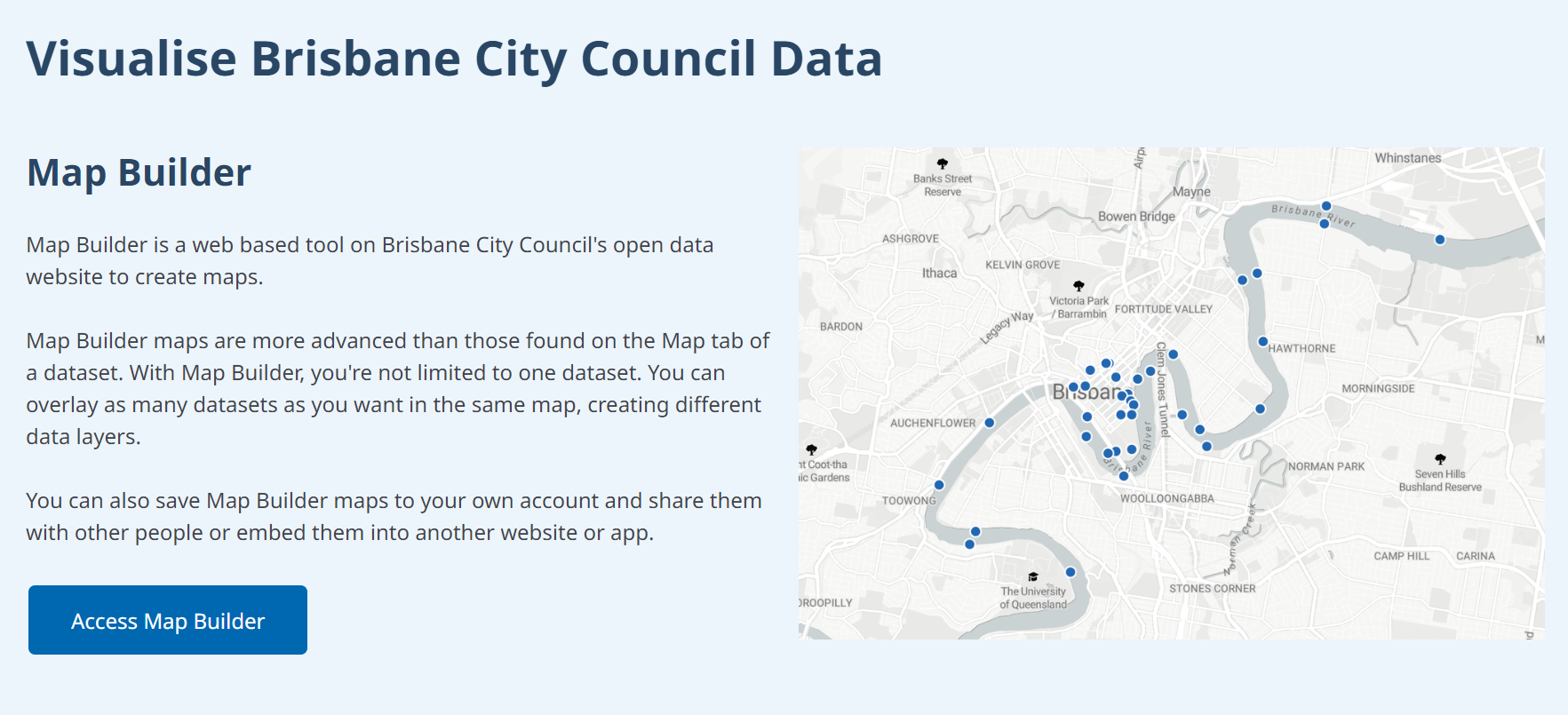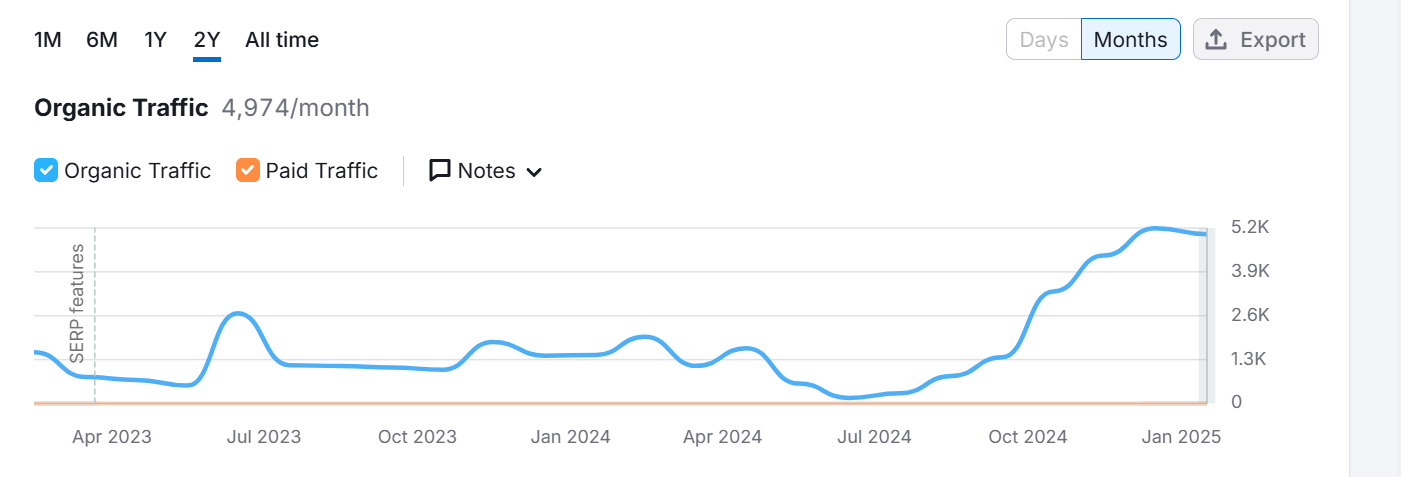Brisbane's Open Data Platform Upgrade: A Data Portal Success Story
Tags: Open Data Platform, Data Portal, Data Management Solutions, Smart City, Open Data Solutions, Australian Open Data Solution Provider
Brisbane City Council's Journey in Open Data Management:
Brisbane City Council's endeavour in the area of open data date back to 2014 when they first launched the Open Data Portal. The portal aims to increase data transparency, promote public engagement and support innovative applications. The original open data platform was based on a combination of CKAN, ArcGIS Online and Microsoft Power BI. Over time, Brisbane City Council has progressively expanded the scope of open data to include environmental data, transport data, utility data and more. However, with the increase in data volume and data types, including real time data, the original open data platform has gradually exposed some problems, such as complex data management, poor user experience, and limited data accessibility. As the leading Australian open data solution provider for Local Councils, Peclet provided an effective solution to enhance Brisbane City Council's open data management capabilities by replacing its three different open data components into one unified portal. The move is designed to streamline data access and usability, thereby improving the overall user experience and operational efficiency for council staff and the general public.
Challenges and Needs for Brisbane's Open Data Platform
Brisbane's previous open data portal was composed of 3 discrete platforms: CKAN for tabular data, ArcGIS Online and Spatial datasets, and Power BI for data visualisations. This was not providing the greatest user experience.
To address these challenges, Brisbane City Council listed several key needs for a new open data platform:
-
Meeting their need for a better user experience and real-time data
-
Better customer and business outcomes to be delivered through a modernised and usable open data platform
-
Provides an easy-to-use solution that better understands the Council's open data users and meets their needs
-
Can bring in data from other jurisdictions and better utilise published data
-
Enables the use of sensor and other Internet of Things (IoT) data
-
Provide analytics that allow the community to develop insights from the data
-
Provides opportunities for integration and automation of open data publishing.
The Solution: A Unified Open Data Portal
Peclet's solution was to use Opendatasoft to integrate these disparate systems into a unified platform. This initiative resulted in several key benefits: enhanced user experience, simplified data management and improved accessibility. Users can now access all data types (real time, time series, tabular, spatial and data visualisations) in one place, simplifying navigation and interaction. The unified platform reduces the complexity of data management and ensures consistency and reliability, while the single interface makes it easier for users to find, analyse and utilise data, fostering greater engagement and innovation.

Key Features of the New Open Data Portal:
The new platform offers several advanced features designed to improve user experience and operational efficiency. Self-service data visualisation tools empower users to create and customise visualisations independently, enhancing data accessibility and interpretation. Data lineage tracking allows Council's staff to trace the origin and transformation of data, ensuring better data governance. Storytelling with data helps users understand the context and significance of the data presented, combining data with storytelling to better grasp its implications and applications. Backend integration with ESRI ArcGIS and third-party data suppliers ensures easy access and management of spatial and real time data, allowing for more comprehensive data analysis and mapping capabilities.

The new portal automates many tasks that were previously performed manually by council staff. This automation not only improves efficiency, but also allows staff to focus on more strategic work rather than routine data management tasks.

Traffic Growth (Source: SEMrush)
Since the launch of the new portal, Brisbane City Council's open data platform has seen a significant increase in visitor traffic. Data indicates that from mid-2024 onwards, the portal's organic traffic has experienced a strong upward trend. Between July 2024 and January 2025, monthly organic traffic grew from under 1,000 visits to 4,974 visits, peaking at over 5,000 visits per month. This surge reflects the positive reception of the enhanced open data platform among citizens and businesses. It also demonstrates how improved data accessibility, a better user experience, and more efficient data management have contributed to greater public engagement and utilization of open data resources.
Conclusion
The upgrade of Brisbane's open data platform is not only a major milestone in the city's digital transformation journey, but also the realisation of Data Democratisation. Brisbane City Council is now better able to harness the power of data to improve governance, transparency and public engagement.
If you want to learn more about our services, check our case studies and data catalogue. For tailored solutions from our experts, please contact us.
















